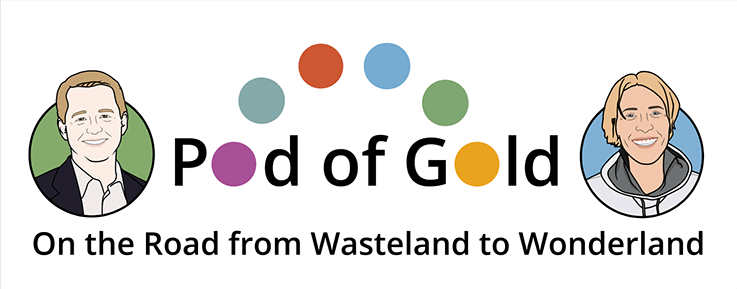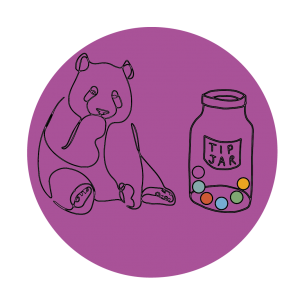Care about climate change? Concerned about political polarization? Confused by economics? Let John Barry, professor at the School of History, Anthropology, Philosophy and Politics at Queen’s University Belfast, talk you through his practical approach to achieving a green political economy.
Posts
Indigenous economic models value collaboration over competition, harmony with nature over extraction, and subsistence over accumulation. In our first episode of 2021, we speak with Rebecca Adamson, an American Cherokee economist and scholar, about the lessons we can learn from indigenous economies to improve the wellbeing of all people and of our planet.
The Korean War is the longest standing overseas US conflict. It’s been 70 years since it began and North and South Korea remain deeply entrenched in the ideological and political struggles engendered by the Cold War. Christine Ahn, founder and executive director of Women Cross DMZ, is mobilizing women around the world to finally bring this war to an end. In this episode we speak with Christine about the echoing impacts of the Korean War and why it’s so important to have women lead the way to future peace.
Rachel Cook, founder of Seeds, is the architect of a new economy. The way Rachel sees it, there’s more than enough money in the world to meet every human being’s needs. But in our current monetary system, the flow of that money is carefully controlled by gatekeepers like banks and investors. Using the power of cryptocurrency, Rachel’s opening new pathways for giving, allowing wealth to flow more easily from person to person. Once the barriers blocking access to wealth are broken down, suddenly anything seems possible.
How does our prevailing money system drive growth? Through the creation of debt. In this episode, André Peters, a former analyst at the National Bank of Belgium, shares everything you need to know about the creation of money and how its design is damaging to our planet.
Dr. Marcia Chatelain is a historian and professor at Georgetown University specializing in African-American life and culture. Her latest book, Franchise, investigates the relationship that grew between McDonald’s and black communities across America following the Civil Rights movement. What does black wealth look like under American capitalism? And is true equality ever possible?
Does more money lead to greater happiness? In Rivera Sun’s novel, Billionaire Buddha, inspired by the life of Dariel Garner, true happiness doesn’t come until immense wealth is given away. In our 20th episode, Mel and Steff chat with Rivera and Dariel about income inequality, the immense damage being done to people and planet in the name of wealth accumulation, and the importance of reexamining our values to build a more collaborative and equitable future.




